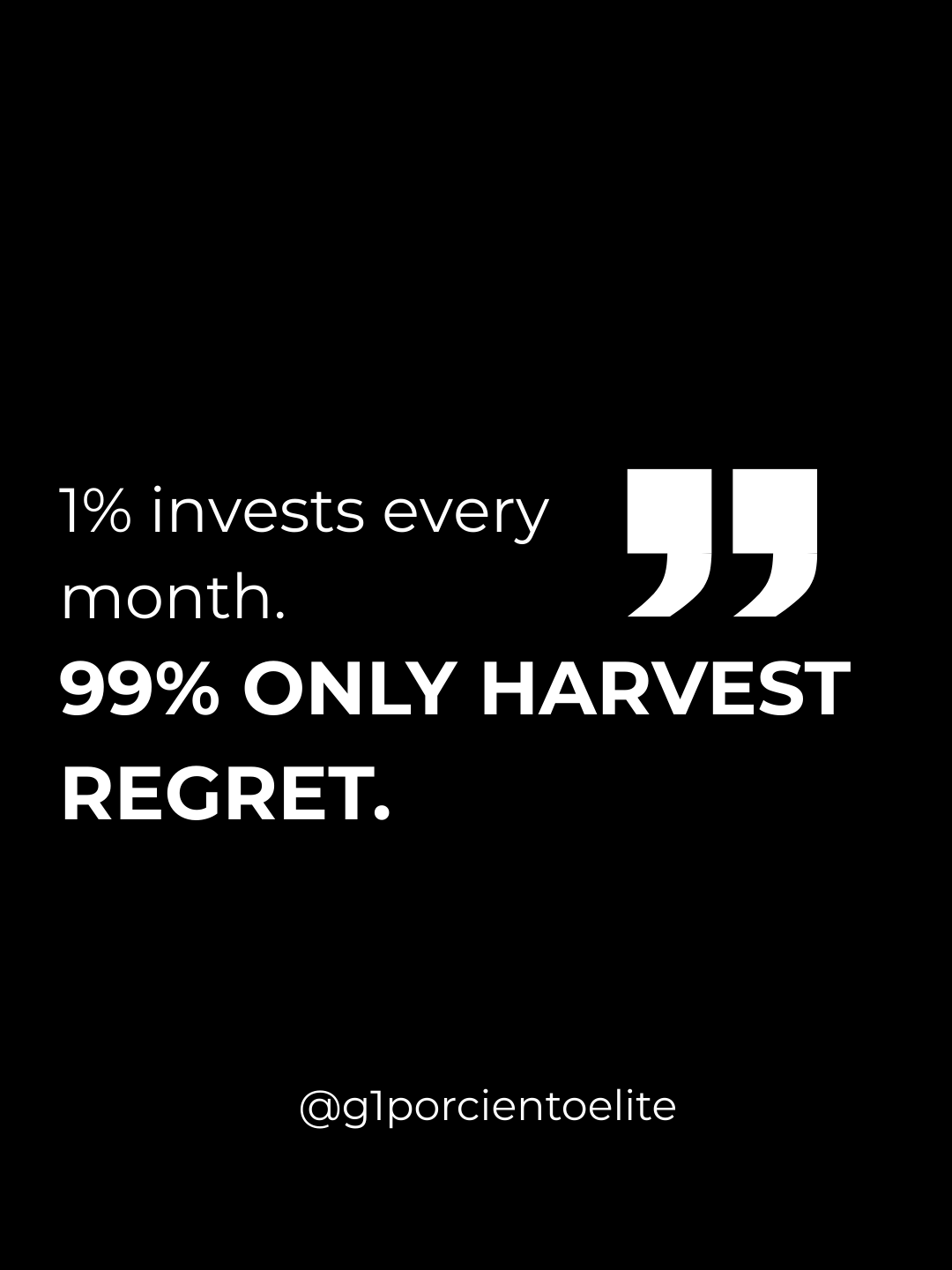Have you ever stopped to think that sometimes saving is worth more than earning more? It may sound counterintuitive, but it’s simple: if you don’t spend today, the money stays with you right now. Unlike an investment that takes years to grow, saving is “instant profit.”
And before you think, “But I earn so little, I can’t save anything”, let me tell you: yes, you can. It’s not about cutting everything and living poorly — it’s about spending wisely without sacrificing your quality of life.
Let’s get straight to the point. Here are 7 practical tips that can transform your relationship with money — even if your income is modest.
Why saving is more powerful than it seems
The myth of high returns
Everyone dreams of investments that double in value quickly. But if you only invest a small amount because you spend everything, even the best returns won’t change your life. The problem is not only how much you make your money grow, but how much you keep from spending.
The power of immediate savings
When you avoid buying something unnecessary, it’s like you earned money instantly — without waiting months or years.
The balance between saving and living well
Saving is not about living in misery. It’s about finding a balance where you protect your future but also enjoy the present.
Sed sed nibh tristique, facilisis felis ut, convallis dolor. Pellentesque rhoncus tempus volutpat. Aenean placerat libero enim, nec blandit sem tempor et. Aliquam diam ante, dapibus non gravida tempor, sagittis nec nibh.
1. Always compare prices before buying
It sounds obvious, but few people actually do it. Rushing is the enemy of saving. The price difference between stores can be huge — even for small items.
💡 Pro tip: Before buying anything, check at least three different stores. With the internet in your pocket, there’s no excuse. This can save you $200 on a phone or even $20 on small purchases. Over time, the savings add up significantly.
2. Use the “question filter” before spending
There are two types of expenses:
- Want-based: Something you want but is not essential.
- Need-based: Something you truly need.
For wants, ask yourself:
- Do I want to buy it?
- Can I afford it now?
- Do I really want to buy it now?
- Is it overpriced?
For needs, ask yourself:
- Do I need to buy it?
- Do I need to buy it now?
- Is it overpriced?
If any answer makes you hesitate — delay or skip the purchase. This simple filter prevents regrets and keeps your money safe.
3. Sell what you don’t use — right away
Look around your home or inside your closet. Do you have things that have been unused for years? That’s money just sitting there.
- Clothes that don’t fit
- Gadgets you never use
- Forgotten electronics
Turn them into extra cash. If they have no resale value, donate them. But don’t let them take up physical and mental space.
4. Don’t rush big dreams
Buying big-ticket items before you’re financially ready can be dangerous. Trips, new cars, the latest smartphones all amazing, but they can become a nightmare without an emergency fund.
Life is unpredictable: job loss, health issues, accidents… In those moments, savings are your safety net. Delaying some desires today can mean security tomorrow.
5. Pay yourself first
The traditional formula:
Income – Expenses = Savings
The problem? There’s almost never anything left.
The correct formula:
Income – Savings = Money available to spend This way, part of your money automatically goes to your future before you find excuses to spend it.
6. Choose to be rich, not look rich
Many people spend to impress: expensive cars, brand-new phones, designer clothes… But real wealth is freedom the ability to choose where to work, travel when you want, and not depend on anyone.
Before buying something expensive, ask yourself:
- Am I buying this for me or to impress others?
- Will this make me freer or tie me to more bills?
7. Be counter-cyclical
Being counter-cyclical means going against the crowd.
Examples:
- Buy winter clothes in summer
- Travel in low season
- Buy Christmas gifts in October
- Eat out on off-peak days
Doing the opposite of the majority helps you avoid crowds, stress, and — most importantly — high prices.
Conclusion: Small habits, big transformations
Wealth is not just about earning more — it’s about keeping more of what you earn. The sooner you start, the better.
If you’re under 40, start now and let time work in your favor.
If you’re over 40, now is still the time — after all, Warren Buffett, at over 70, still plans his portfolio decades ahead.
Time will pass anyway. The question is: will you let it work for you or against you?
💡 Free eBook available: Learn how to start investing — even if you’re a foreigner without a Brazilian CPF. Safe, simple, and practical steps to begin your investment journey.
Click here to access now.










